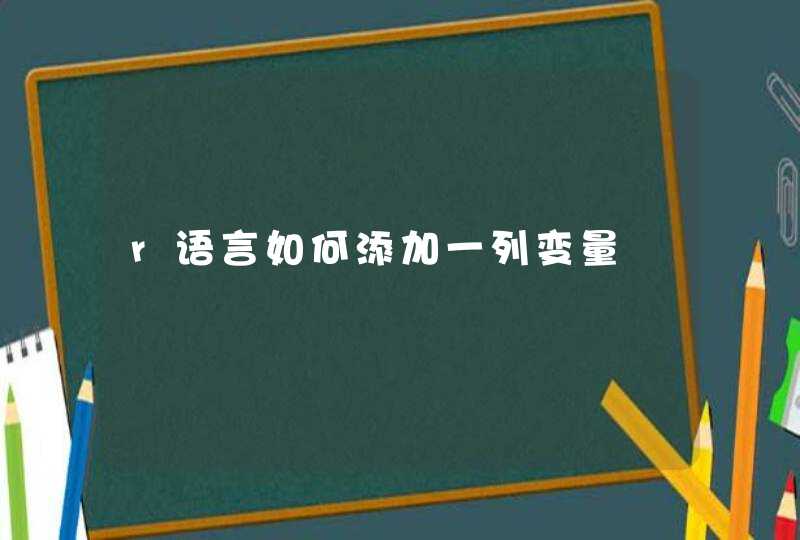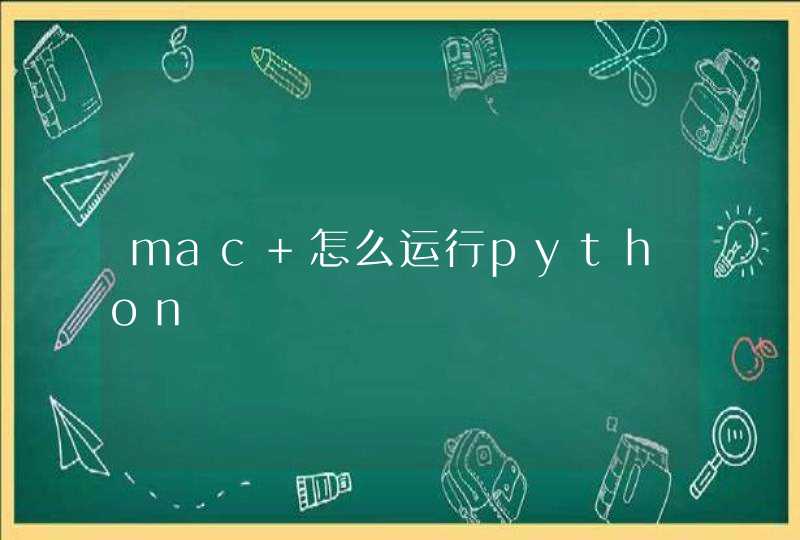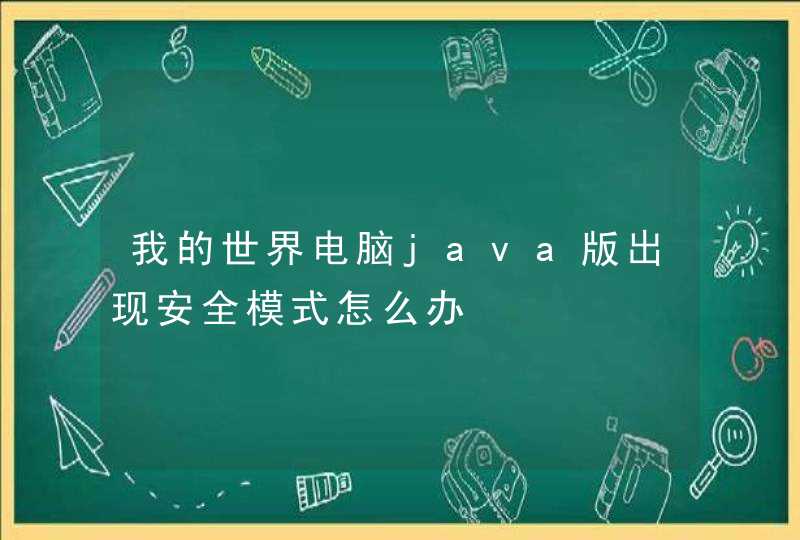
1)查看p4 API 主页
2)支持几乎所有的语言:
Perforce C/C++ API
Perforce Java API
Perforce Perl API
Perforce Ruby API
Perforce Python API
Perforce PHP API
Perforce Objective-C API
P4COM, a COM Interface to the Perforce C++ API for Windows
二 p4python
1)安装(以windows为例)
下载和安装python2.6;(可以安装activepython)
下载和安装p4python26;(ftp://ftp.perforce.com/perforce/r09.2/bin.ntx86/p4python26.exe)
2)安装后(C:\Python26\Lib\site-packages)
文件:P4.py + P4.pyc + P4API.pyd + P4Python-2009.2-py2.6.egg-info。其中P4API.pyd为python对p4的extension模块,里面定义了 P4API.P4Adapter可惜看不到源码,P4.py 里面包含了p4 class的定义,p4class从P4API.P4Adapter继承。
3)p4.py
在p4.py中定义了
• P4
• P4Exception
• DepotFile
• Revision
• Integration
• MergeData
• Spec
其中主要的p4 class定义如下:
import P4API
class P4(P4API.P4Adapter):
"""Use this class to communicate with a Perforce server
Instances of P4 will use the environment settings (including P4CONFIG)
to determine the connection parameters such as P4CLIENT and P4PORT.
This attributes can also be set separately before connecting.
To run any Perforce commands, users of this class first need to run
the connect() method.
It is good practice to disconnect() after the program is complete.
"""
# Constants useful for exception_level
# RAISE_ALL: Errors and Warnings are raised as exceptions (default)
# RAISE_ERROR: Only Errors are raised as exceptions
# RAISE_NONE:No exceptions are raised, instead False is returned
RAISE_ALL = 2
RAISE_ERROR = 1
RAISE_NONE = 0
def __init__(self, *args, **kwlist):
P4API.P4Adapter.__init__(self, *args, **kwlist)
def __del__(self):
if self.debug >3:
print >>sys.stderr, "P4.__del__()"
# store the references to the created lambdas as a weakref to allow Python
# to clean up the garbage. |The lambda as a closure stores a reference to self
# which causes a circular reference problem without the weakref
def __getattr__(self, name):
if name.startswith("run_"):
cmd = name[len("run_"):]
return lambda *args: self.run(cmd, *args)
elif name.startswith("delete_"):
cmd = name[len("delete_"):]
return lambda *args: self.run(cmd, "-d", *args)
elif name.startswith("fetch_"):
cmd = name[len("fetch_"):]
return lambda *args: self.run(cmd, "-o", *args)[0]
elif name.startswith("save_"):
cmd = name[len("save_"):]
return lambda *args: self.__save(cmd, *args)
elif name.startswith("parse_"):
cmd = name[len("parse_"):]
return lambda *args: self.parse_spec(cmd, *args)
elif name.startswith("format_"):
cmd = name[len("format_"):]
return lambda *args: self.format_spec(cmd, *args)
else:
raise AttributeError, name
def __save(self, cmd, *args):
self.input = args[0]
return self.run(cmd, "-i", args[1:])
def __repr__(self):
state = "disconnected"
if self.connected():
state = "connected"
return "P4 [%s@%s %s] %s" % \
(self.user, self.client, self.port, state)
def identify(cls):
return P4API.identify()
identify = classmethod(identify)
def run(self, *args):
"Generic run method"
return P4API.P4Adapter.run(self, *self.__flatten(args))
def run_submit(self, *args):
"Simplified submit - if any arguments is a dict, assume it to be the changeform"
nargs = list(args)
form = None
for n, arg in enumerate(nargs):
if isinstance( arg, dict):
self.input = arg
nargs.pop(n)
nargs.append("-i")
break
return self.run("submit", *nargs)
def run_login(self, *args):
"Simple interface to make login easier"
self.input = self.password
return self.run("login", *args)
def run_password( self, oldpass, newpass ):
"Simple interface to allow setting of the password"
if( oldpass and len(oldpass) >0 ):
self.input = [ oldpass, newpass, newpass ]
else:
self.input = [ newpass, newpass ]
return self.run( "password" )
#
# run_filelog: convert "p4 filelog" responses into objects with useful
# methods
#
# Requires tagged output to be of any real use. If tagged output it not
# enabled then you just get the raw data back
#
def run_filelog( self, *args ):
raw = self.run( 'filelog', args )
if (not self.tagged):
# untagged mode returns simple strings, which breaks the code below
return raw
result = []
for h in raw:
r = None
if isinstance( h, dict ):
df = DepotFile( h[ "depotFile" ] )
for n, rev in enumerate( h[ "rev" ]):
# Create a new revision of this file ready for populating
r = df.new_revision()
# Populate the base attributes of each revision
r.rev = int( rev )
r.change = int( h[ "change" ][ n ] )
r.action = h[ "action" ][ n ]
r.type = h[ "type" ][ n ]
r.time = datetime.datetime.utcfromtimestamp( int( h[ "time" ][ n ]) )
r.user = h[ "user" ][ n ]
r.client = h[ "client" ][ n ]
r.desc = h[ "desc" ][ n ]
if "digest" in h:
r.digest = h[ "digest" ][ n ]
if "fileSize" in h:
r.fileSize = h[ "fileSize" ][ n ]
# Now if there are any integration records for this revision,
# add them in too
if (not "how" in h) or (n >= len(h["how"]) or h["how"][n] == None):
continue
else:
for m, how in enumerate( h[ "how" ][ n ] ):
file = h[ "file" ][ n ][ m ]
srev = string.lstrip(h[ "srev" ][ n ][ m ], '#')
erev = string.lstrip(h[ "erev" ][ n ][ m ], '#')
if srev == "none":
srev = 0
else:
srev = int( srev )
if erev == "none":
erev = 0
else:
erev = int( erev )
r.integration( how, file, srev, erev )
else:
r = h
result.append( df )
return result
def run_print(self, *args):
raw = self.run('print', args)
result = [raw.pop(0), ""]
for line in raw:
result[-1] += line
return result
def run_resolve(self, *args, **kargs):
myResolver = Resolver()
if "resolver" in kargs:
myResolver = kargs["resolver"]
savedResolver = self.resolver
self.resolver = myResolver
result = self.run("resolve", args)
self.resolver = savedResolver
return result
def __flatten(self, args):
result = []
if isinstance(args, tuple) or isinstance(args, list):
for i in args:
result.extend(self.__flatten(i))
else:
result.append(args)
return tuple(result)
def __enter__( self ):
return self
def __exit__( self, exc_type, exc_val, exc_tb ):
if self.connected():
self.disconnect()
return True
def connect( self ):
P4API.P4Adapter.connect( self )
return self
@contextmanager
def while_tagged( self, t ):
old = self.tagged
self.tagged = t
yield
self.tagged = old
@contextmanager
def at_exception_level( self, e ):
old = self.exception_level
self.exception_level = e
yield
self.exception_level = old
@contextmanager
def saved_context( self , **kargs):
"""Saves the context of this p4 object and restores it again at the end of the block"""
saved_context = {}
for attr in self.__members__:
saved_context[attr] = getattr(self, attr)
for (k,v) in kargs.items():
setattr( self, k, v)
yield
# now restore the context again. Ignore AttributeError exception
# Exception is expected because some attributes only have getters, no setters
for (k,v) in saved_context.items():
try:
setattr( self, k, v )
except AttributeError:
pass # expected for server_level and p4config_file
三 实例
1)p4info.py
from P4 import P4,P4Exception
p4 = P4()
p4.port = "localhost:1666"
p4.user = "AAA"
p4.password = "aaa"
p4.client = "TestProject_AAA"
try:
p4.connect()
info = p4.run("info")
for key in info[0]:
print key, "=", info[0][key]
p4.disconnect()
except P4Exception:
for e in p4.errors:
print e
结果:
2)p4sync.py
from P4 import P4, P4Exception
p4 = P4()
p4.port = "localhost:1666"
p4.user = "AAA"
p4.password = "aaa"
p4.client = "TestProject_AAA"
try:
p4.connect()
p4.exception_level = 1 # ignore "File(s) up-to-date"
files = p4.run_sync()
for file in files:
for key in file.keys():
print key,":",file[key]
print "----------"
except P4Exception:
for e in p4.errors:
print e
finally:
p4.disconnect()
结果:
3)p4submit.py
from P4 import P4
p4 = P4()
p4.host = "localhost"
p4.port = "1666"
p4.user = "AAA"
p4.password = "aaa"
p4.client = "TestProject_AAA"
p4.connect()
changeSpec = p4.run_change( "-o" )
change = changeSpec[0]
change["Description"] = "Autosubmitted changelist"
p4.run_edit("//depot/TestProject/addfile.txt")
change["Files"] = ["//depot/TestProject/addfile.txt"]
p4.input = change
p4.run_submit( "-i" )
p4.disconnect()
网络新梗p4意思是“屁事”。
这是一种在网络上为了缩写而衍生出来的常用语。梗是网络用语,常出现在综艺节目及网络中。
所谓“梗”的意思是笑点,铺梗就是为笑点作铺垫,是对“哏”字的误用。一般来说,梗用于流行事物比如综艺、动画剧、动画电影、真人剧、真人电影、漫画小说、电子游戏等。“梗”字的词义被不断扩大引申,大到某个时间段,小到情节插曲,乃至故事中发生的片段都可以叫“梗”。
P4是一门编程语言,用于控制网络设备中的数据包转发平面。它与C语言、Python等编程语言相比,更加擅长于控制网络数据的转发。
P4最常用的含义。 您可以将图像文件下载为PNG格式以供离线使用,或通过电子邮件发送给您的朋友。如果您是非商业网站的网站管理员,请随时在您的网站上发布P4定义的图像。
可以参考下面的代码:
f=file(yourpath)
for line in f:
t = line.split("==")
part_1 = t[0] + "=="
(part_2,part_3) = t[1].split("--")
del t
print "第一段:%s\t第二段:%s\t第三段:%s" %(part_1,part_2,part_3)
扩展资料:
python参考函数
callable(obj) 查看一个obj是不是可以像函数一样调用
repr(obj) 得到obj的表示字符串,可以利用这个字符串eval重建该对象的一个拷贝
eval_r(str) 表示合法的python表达式,返回这个表达式
hasattr(obj,name) 查看一个obj的name space中是否有name
setattr(obj,name,value) 为一个obj的name space中的一个name指向vale这个object
参考资料来源:百度百科-Python





































































